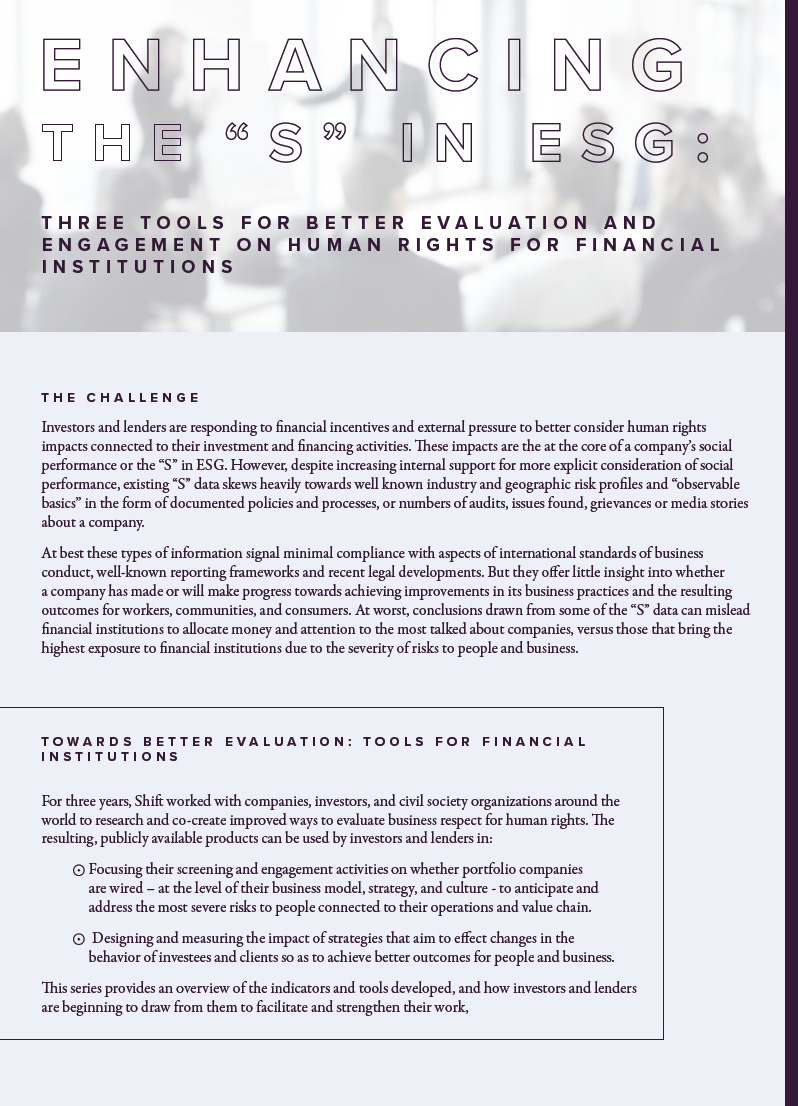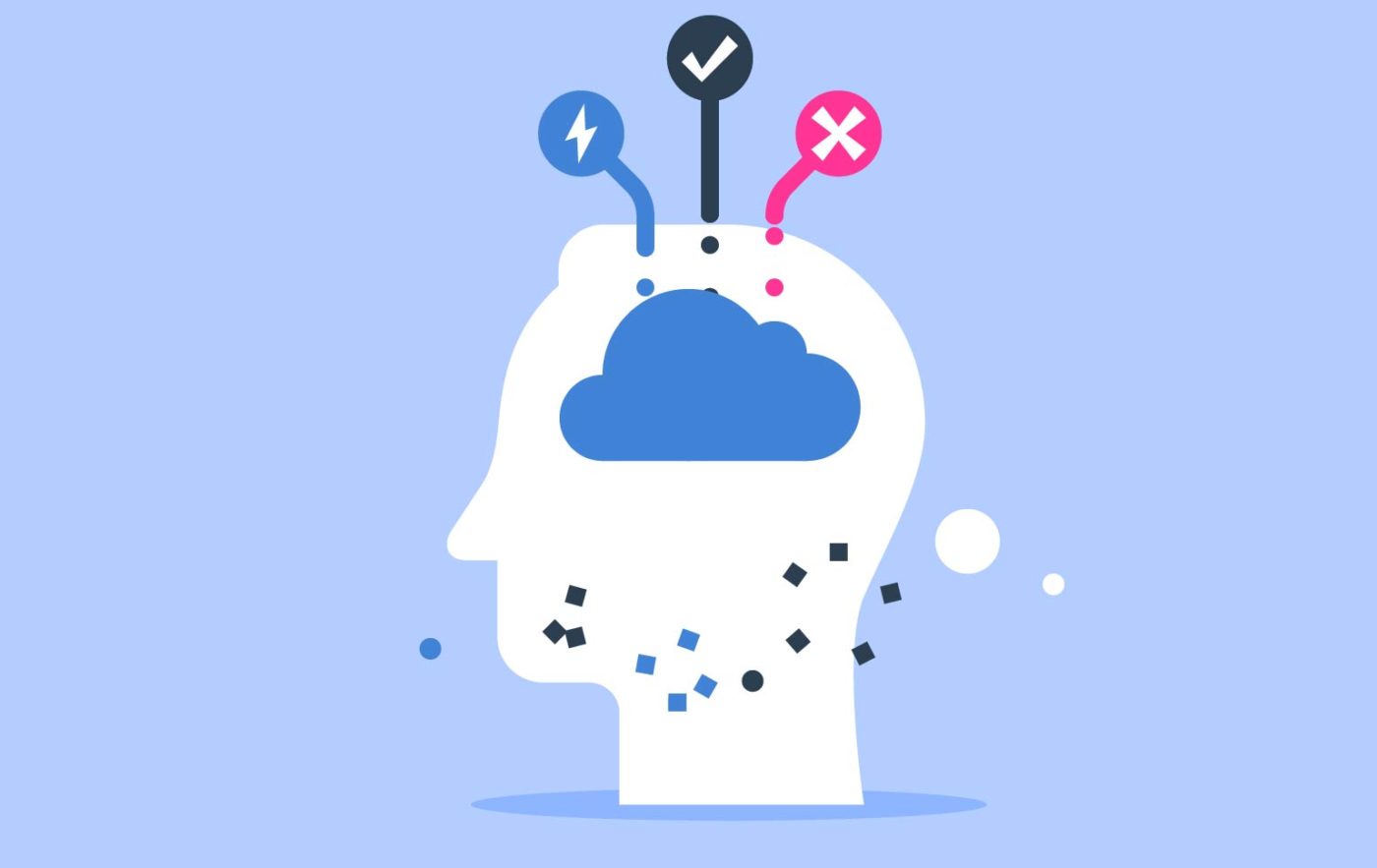Everyone working to ensure that business acts with respect for people is in the business of behavior change. We want companies, and individuals within them, to act in ways that enable respect for human rights. That being so, it’s intriguing that we have not drawn on the vast range of existing psychological insights about how to influence behavior. In our first-of-its-kind experiment in the business and human rights field, we drew on the field of behavioral science to test how consumer choices might help to reduce pressure on couriers delivering online purchases. We found how best to nudge consumer behavior, which provided some surprising discoveries, data and evidence about what works.
We simulated an online shopping experience and asked 2,500 people to select their delivery options. Consumers’ delivery choices can place pressure on couriers handling the items. Using the latest psychological research, we designed six behaviorally-informed nudges to test what was most effective in nudging consumers towards choosing longer delivery times. This experiment and its revelations demonstrate the need for evidence and experiments of this kind for a number of reasons:
- Experimental data are the only way of definitively knowing what works.
Anecdotal evidence and expert advice can only get us so far. Before we ran our experiment, we had a fairly strong contention (based on existing research) that the most powerful nudges would be defaults (pre-selecting our preferred option) and social norms (telling people how others are behaving). We were wrong. These nudges did not seem to work. Instead, other nudges that we tested were more effective. This is important to know in order to avoid promoting or investing in ineffective or inferior solutions. Testing our interventions enables us to either:
a) validate our intuitions, enabling us to scale-up with confidence in our predictions; or
b) disprove our instincts, thereby saving us money, time, effort and resources on solutions that do not work.
By evaluating and testing our behavior change interventions early-on we can create a symbiotic process of rapidly designing and testing as we roll-out or scale-up, confident in our knowledge that the intervention works.
- Experiments allow us to understand attribution, cause and effect.
We were able to isolate the effects of our nudges by using control and treatment groups in a randomized control trial. This enables us to isolate the effects of any one intervention to know whether it works, as compared to the control group receiving no intervention. Other methods of evaluation are simply not able to say definitively that any effects are attributed to their intervention. For example, if we had used a before/after comparison that compared consumers’ delivery choices from March 2019 to March 2020, we would be unable to pinpoint our intervention as being responsible for any preference changes. Instead, other underlying variables might be responsible for any changes, such as changes in consumer awareness or the COVID-19 pandemic. By using control and treatment groups we are able to know whether our interventions work, and to what extent. For us to be more confident in the results, our evidence could be backed up by other researchers replicating the experiment via both online simulations and online retailers. (We would welcome this!)
- Experiments test how people actually behave, and not simply what they say they will do.
What people say they will do and what they actually do can be different. Tracking behavior tells us more about action than what people say they will do, their intentions or self-perception. In our experiment, people were equally likely to describe themselves as ethical consumers. Yet, their behavior betrayed their intentions. The data showed that while younger and older people were equally fairly likely to describe themselves as ethical consumers, younger people were the least likely to choose the more ethical delivery option. Our experiment was an online simulation and so may not capture real-world behavior as accurately because the purchases are not real. Nonetheless, this shows why it is critical to measure behavior, and not simply rely on what people say they will do.
In the business and human rights field, efforts to assess what companies are doing typically focus on activities and outputs such as policies, processes, people trained, etc. It is often difficult to see whether or how those activities lead to different outcomes for people affected by corporate activity. This is because behavior change is often the critical missing link: what people are supposed to do (or even what they intend to do or believe they will do) often differs from what they actually do in practice. We need to pay much greater attention to the individual behaviors that need to change in order for corporate respect for human rights to be realized. These behaviors can be influenced, measured and tested using experimental methods to know whether we are succeeding.
We need to pay much greater attention to the individual behaviors that need to change in order for corporate respect for human rights to be realized.
We believe that behavioral science could be more widely deployed to transform business practices. Some areas that we see as particularly ripe for further experimentation and testing include:
- Enabling employees across the business to speak up and raise issues when they spot potential human rights risks and impacts;
- Ensuring that human rights training translates into actual changes in behaviors and practice;
- Designing grievance mechanisms in ways that encourage intended users to use them in practice; and more.
Our vision is for more experimentation and testing in the real-world to demonstrate impact and outcomes for people. Indeed, this is the only way we can truly know what works.
If we want to make respect for people’s human rights the norm in how business gets done, we need to focus more on behaviors – what people actually do, not just what they intend to do.
If we want to make respect for people’s human rights the norm in how business gets done, we need to focus more on behaviors – what people actually do, not just what they intend to do. For that, we need more experimentation and testing – in real-world settings – to find out what makes the difference and delivers improved outcomes for people. Indeed, this is the only way we can truly know what works and therefore where companies should be focusing their efforts and resources. That’s the promise of a behavioral science approach.
Learn more about our work on behavioral science and human rights.
Katryn Wright is a Shift Associate. As a researcher, Katryn focuses on leveraging behavioral science to address common business and human rights and behavior change initiatives.
Edward Gardiner works as the Behavioural Design Lead at Warwick Business School.
Dr. Umar Taj is a Research Fellow in Behavioural Science at Warwick Business School.

 Business Model Red Flags
Business Model Red Flags  Tool for Indicator Design
Tool for Indicator Design 


